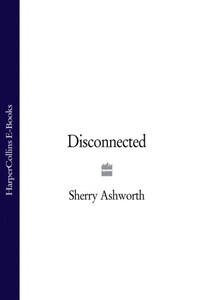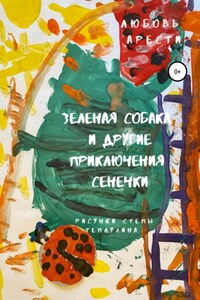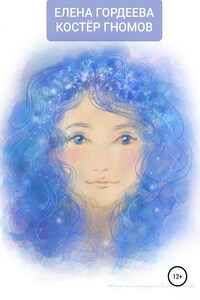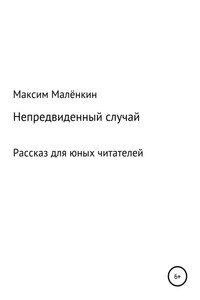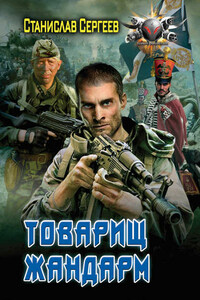HarperCollins Children's Books An imprint of HarperCollinsPublishers Ltd, 1 London Bridge Street, London SE1 9GF
www.harpercollins.co.uk
First published in Great Britain by Collins 2002
Text copyright © Sherry Ashworth 2002
Sherry Ashworth asserts the moral right to be identified as the author of the work.
All rights reserved under International and Pan-American Copyright Conventions. By payment of the required fees, you have been granted the nonexclusive, nontransferable right to access and read the text of this e-book on-screen. No part of this text may be reproduced, transmitted, downloaded, decompiled, reverse engineered, or stored in or introduced into any information storage and retrieval system, in any form or by any means, whether electronic or mechanical, now known or hereinafter invented, without the express written permission of HarperCollins e-books.
HarperCollinsPublishers has made every reasonable effort to ensure that any picture content and written content in this ebook has been included or removed in accordance with the contractual and technological constraints in operation at the time of publication.
Source ISBN: 9780007333783
Ebook Edition © MAY 2016 ISBN: 9780007393466 Version: 2016-05-16
It’s hard to know where to begin, or how to describe what happened to me. I’m not even sure who I want to talk to. Or what I want to say. But maybe if I try to put all the different parts together it will make some sort of sense to me. So here’s my story, and it’s for each of you to whom I owe an explanation.
But, remember, I’m not sorry.
Thinking of you makes me want to write down what I have to say. Do you remember the advice you used to give us when we wrote essays? Spend a long time on the introduction, as it’s the first thing that gets read. Never answer the question in the first sentence. Make it clear what you’re writing about by restating the question in your own words. You taught me how to be analytical. So here goes.
The question is, why did I throw away everything I had and end up as I am now? And as for the answer, I’m not even sure I know myself, but writing it might help me work it out. And it begins with me.
Me. Catherine Margaret Holmes. 16. Did well at GCSE. A good girl, nice family. Sensible. Prefect material. I remember how you used to smile at me encouragingly in lessons and say, “Well done, Cathy!” I used to hate that because I could feel everyone’s eyes on me, and I just knew they were thinking, teacher’s pet. I knew you liked me because of the way you nodded when I spoke and used to write those glowing reports for my parents. I liked you too because you liked me and even though the other students in the class teased you for those baggy cardigans you used to wear and the cup of strong coffee you used to take with you everywhere, I never joined in. Well, I did a bit, because you have to, really.
What I liked about you most was the way you got all lit up when you were talking about Shakespeare or poetry. You read things that none of us understood with your voice trembling with passion, then looked at us with your eyes shining, and we thought you were crazy. I can remember twitching with embarrassment for you but liking the way you were getting turned on. I tried to learn those lines you read…
Not poppy, nor mandragora,
Nor all the drowsy syrups of the world,
Shall ever medicine thee to that sweet sleep
Which thou owed’st yesterday.
You were saying, listen to the sound of the words, the pattern of the stresses – mandragora, you said, lengthening the middle syllable as far as it would go. Mandragora. Drowsy syrups. I thought of the cough linctus my mother used to give me when I was small, but I knew that was wrong, only you get these weird associations sometime. You told us how darkly beautiful these lines were, but the truth was, I didn’t understand them, they didn’t make sense to me. The effect they had was to unhitch me from the reality of the classroom and make me dream.
It was a small seminar room on the third floor where we had our lessons, grey plastic chairs around a scored wooden table. It overlooked tennis courts fringed with ragged trees. We were grouped around the table, one or two boys, and the girls, each one of them set and determined in their own way to get whatever it was they wanted. They scared me. Lucy had her head down scribbling notes as if her life depended on it; Melissa sat there weighing up everything you said as if she could strike you down at any moment. She had her hand over her mouth. Fliss and Toni sat together as perfectly groomed as air hostesses. I don’t remember the others.
